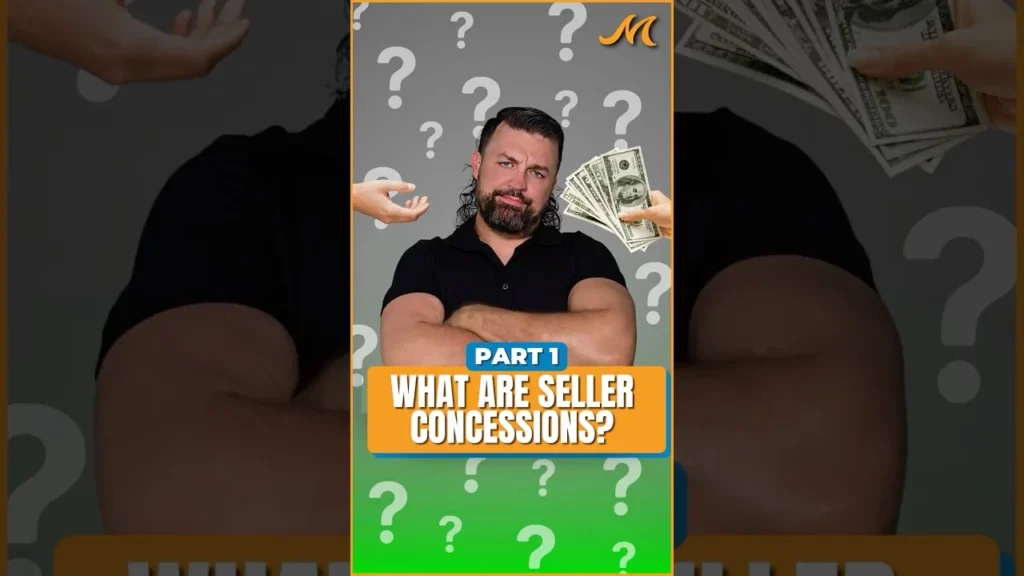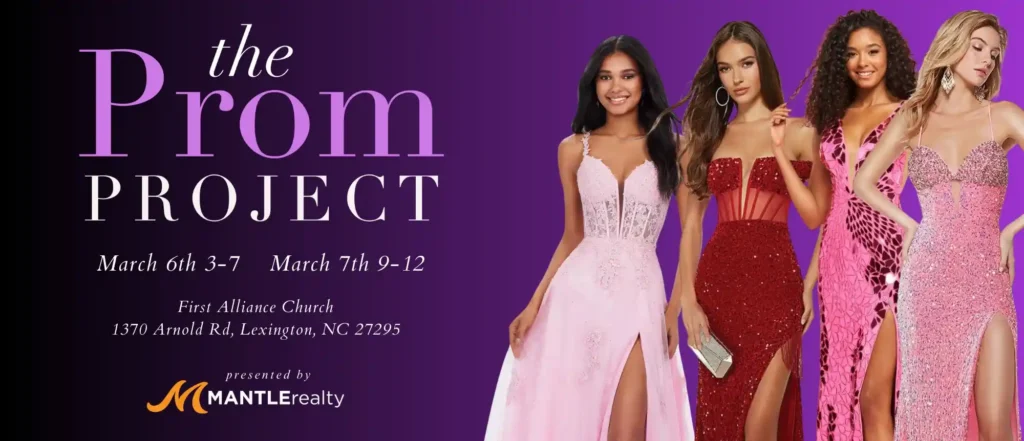With Toby Stanfield with Movement Mortgage
Before buying a home, you first have to know how you’re going to pay for it. For many, that may
seem like a no-brainer, but a lot of us get excited at the prospect of owning a new home, and
want to start house shopping before we even know what we can afford.
When it comes to figuring out financing, most people don’t even know where to begin, which is
part of the reason so many jump to calling a Realtor to show them homes. There is nothing
wrong with calling a Realtor first, but you should know one of the first questions a good agent
will ask you is, “Are you pre-approved for a loan?” No need to get discouraged if you haven’t
been pre-approved! A good agent will also be able to refer you to a reputable lender if you don’t
already have someone to turn to. But, something else you might be wondering is, what kinds of
mortgages are there?
You may be thinking that a loan is a loan, but not all loans are created equal, and for good
reason. Below, read on to find out how the four most common types of loans in North Carolina
(and most of the United States) work.
Common Types of Mortgages
Conventional Loans
Conventional loans tend to be the most common type of mortgages people receive when
financing a new home. A lender will look at all the usual things to find out if you qualify such as
your finances and credit history, however to receive a conventional loan, you have to have a
very good credit score to get the best interest rate.
So, what makes a good credit score?
According to Brittni Cooke from Movement Mortgage, the average “good” credit
score that will help you land that conventional loan is around no less than a 700. Additionally,
lenders will not only look at your score, but also your history of credit usage to determine if you
are indeed eligible. Lenders will also look at your debt-to-income ratio to help you get the best
minimum down payment possible and make sure you can actually afford to pay an extra
monthly bill.
Conventional loans are also considered less risky when it comes to the home-buying process
once it is under contract since it has a faster processing time due to their being less restrictions
on the property (more on that later).
FHA Loan Standards
FHA stands for “Federal Housing Administration”, which is the government department created
to help low-income individuals and families in the United States obtain loans with lower credit
scores and down payments. Technically, the FHA does not actually pay out any money for the
loan, but backs the funding, however borrowers must pay for their own mortgage insurance.
This type of loan enables lower-to-middle class families to get the best possible rates with
typically a minimum credit score of 640 and down payment of as little as 3.5%, compared to 10-
20% on conventional.
The downside to this type of mortgage is the appraisals are notoriously “picky” and things as
minor as chipping paint or rotting wood, to as major as mold or an aging roof, can hold up the
entire process. However, according to Toby Stanfield of Highlands Residential Mortgage,
people are most commonly qualified for an FHA loan, making it still one of the most popular and
favorable loans for buyers to get.
VA Loan
As the name of this loan suggests, it is exclusive for those who serve or have served in the US
military. Qualified veterans can obtain financing from the Department of Veterans Affairs for no
down payment at all! Often, only a small fee will have to be paid, which can even be rolled into
the mortgage if the buyer prefers.
For a veteran, this is an obvious mortgage possibility, especially if they have a low or fixed
incomes. Borrowers will still have to pay closing costs and earnest money, and the home they
pick will have to meet the VA’s standards like in an FHA situation, but it is definitely worth
applying for if you have served for at least 90 days consecutively.
USDA Loan Requirements
USDA stands for the “United States Department of Agriculture”, and is designed for low-income
families living in rural areas. Backed by the Federal Government, properties must meet the
USDA’s minimum requirements to be considered a rural area, and can be obtained with little or
no down payment.
These types of loans are similar to FHA and VA in the way that they work, but your debt must
not exceed your income by more than 41%. Also, like in an FHA loan, borrowers must purchase
their own mortgage insurance. To see if the area you’re interested in purchasing in meets a
USDA loan’s guidelines, it must have a population of no more than 25,000, according to Toby
Stanfield. Find out if a property or area qualifies.
These are the 4 main types of loans available for first-time homebuyers, however you do not
have to be a first-time homebuyer to qualify for any of these programs. Call or email Brittni Cooke (336)
272-3061 or at bcooke@movement-mortgage.com today to get more information, and learn more
about these financing programs as well as other options.
Have any questions feel free to comment or contact us directly.





